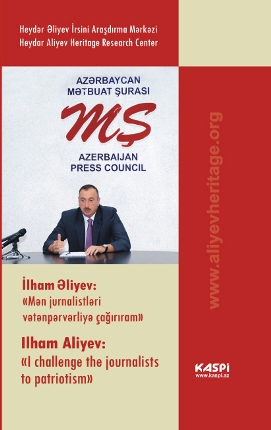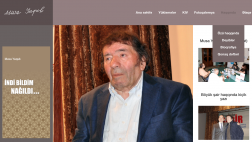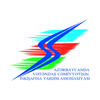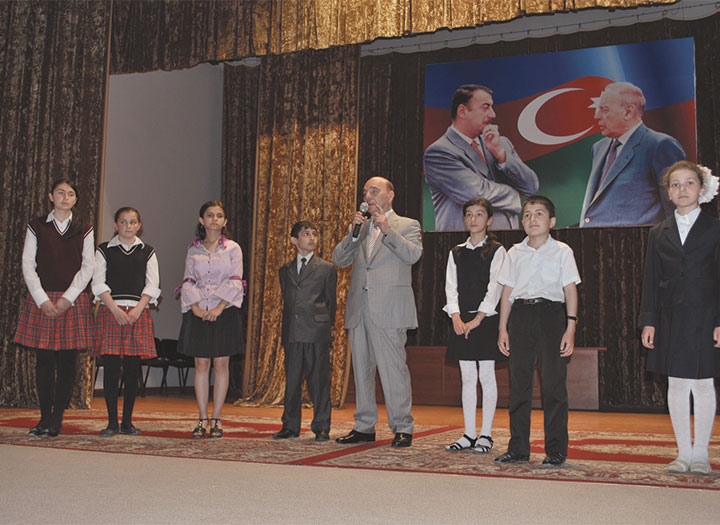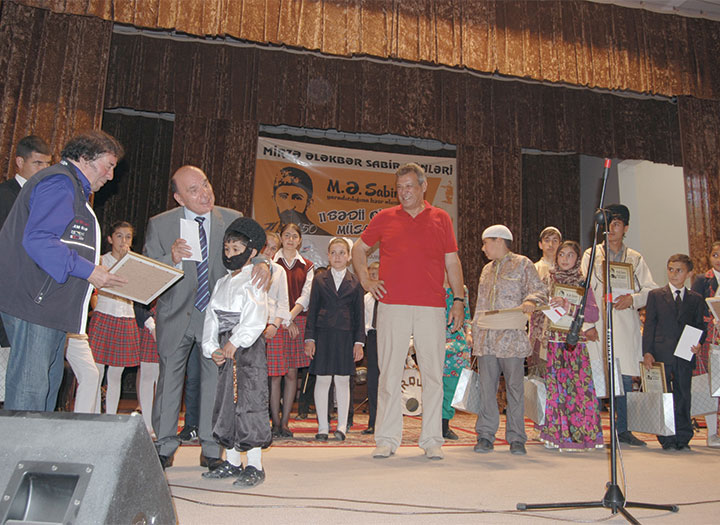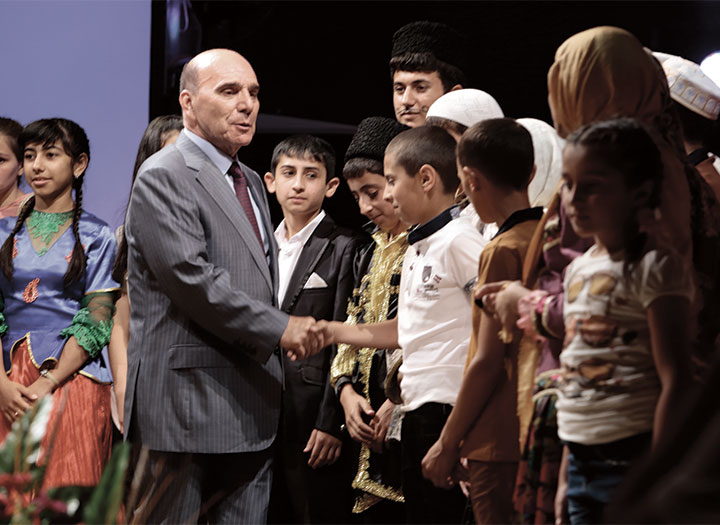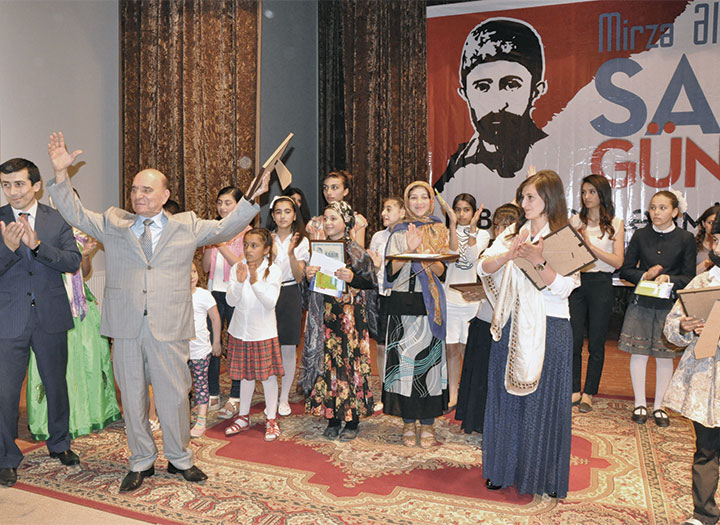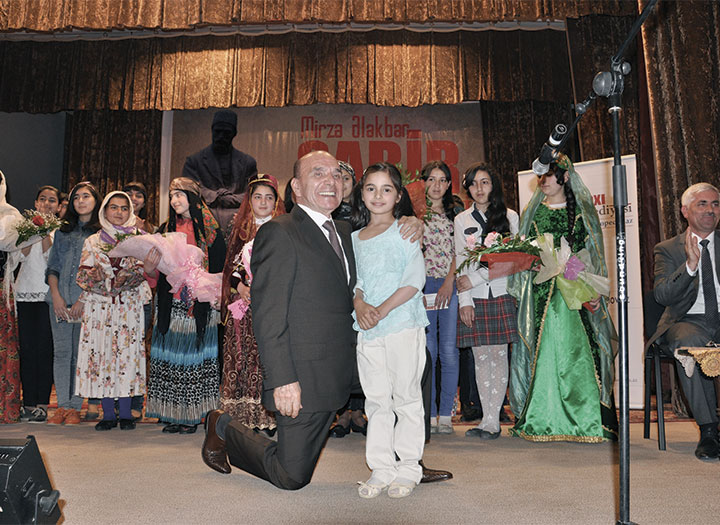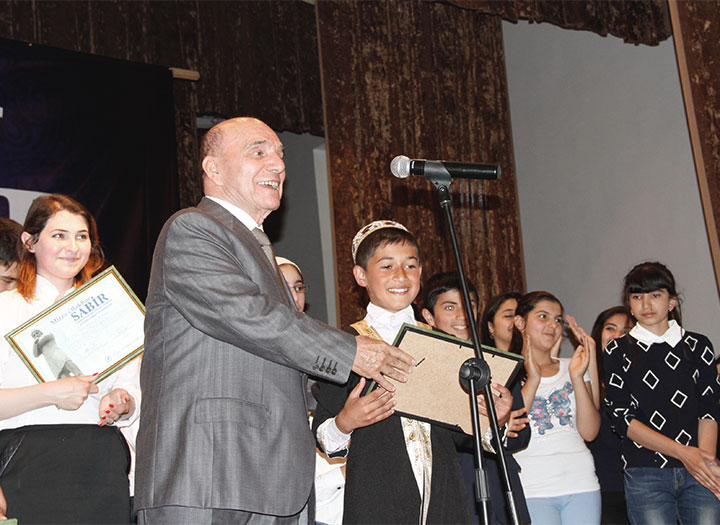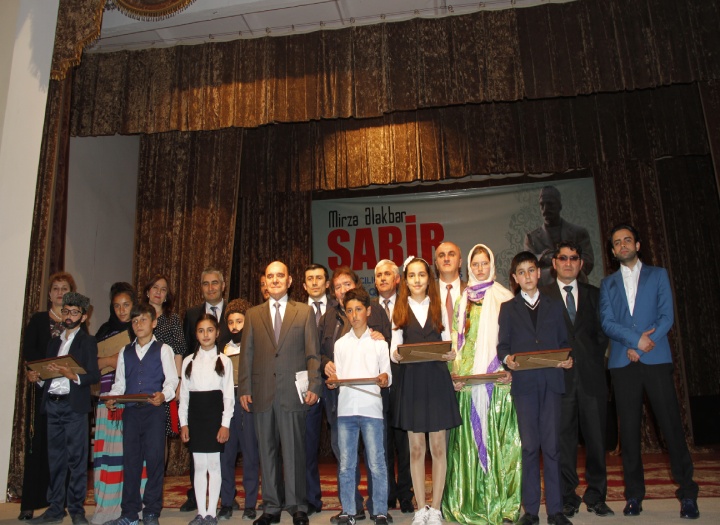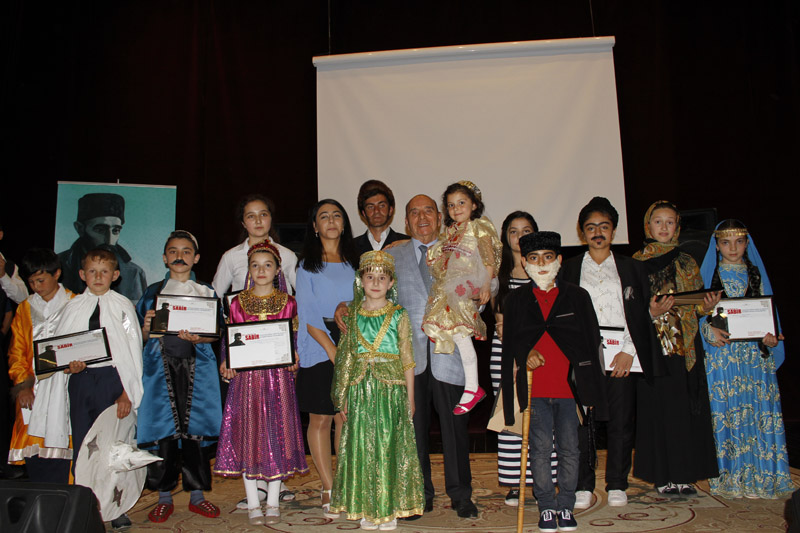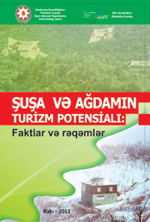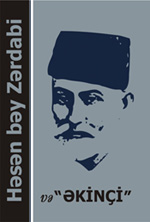 No lesser predictable principles of the BBC activity are based on these values when they are followed on any news occasions which have to be covered by employees of the Corporation – as terrorist acts, catastrophes, political, religious events and so on. Employees are obliged not to follow their own political aspirations and points of view while reporting and informing on news but to consider each event from different points of view, as far as possible, to let all the parts of a covered conflict speak.
No lesser predictable principles of the BBC activity are based on these values when they are followed on any news occasions which have to be covered by employees of the Corporation – as terrorist acts, catastrophes, political, religious events and so on. Employees are obliged not to follow their own political aspirations and points of view while reporting and informing on news but to consider each event from different points of view, as far as possible, to let all the parts of a covered conflict speak.
Perfectly realizing appearing problems, authors of the instructions provided them with a more practical part – so-called “advices” which cover the general principles on activity of the Corporation to be applied to in concrete cases faced by many journalists and editors serving their duties. Exactly, with these “advices” it is possible to understand how exactly the BBC works with its material and what product is presented to its audience.
Do not offend
Differing from values and principles, connected mostly with any news coverage, the “advices” are mainly dedicated to how it should not be done. As a rule, this “should not” is proved by care about the BBC reputation which may be damaged by incorrect informing and about the audience which may be offended by this incorrect informing. More visually the BBC policy on unfavorable materials is observed in examples of words initially aimed to offend listeners – on unquotable expressions.
Unquotable materials
In the part on usage of offending expressions in the BBC TV and Radio programs, and Internet sites, they stress that in majority of cases similar expressions should be avoided. It is especially recommended for day-time programs for children. In a number of cases (when speaking about programs for adults, actual reports or movies) such expressions may be acceptable, however, in these cases the necessity on them should be grounded and they should be broadcasted, as recommended, if complied with the management.
Employees of the Corporation are recommended to be very careful when use words and expressions concerning anybody’s sex, sex orientation, race, nationality, skin color, health/illness or religion. As a rule, offensive words and expressions for an audience are recommended to be cut of the BBC materials; however, in some cases they stated a possibility to deaden them with a certain sound or in cases of a visual representation – to smear it. One more word which is not favored in the BBC broadcast was not stated in the list of rude words. A separate “advice” – fully describing why in spite of obvious existence of terrorist acts, the BBC employees should restrain from uttering the word “terrorist”.
Terror without terrorists
The BBC editors’ instructions state that the news service has an aim to cover terrorist acts in an accurate, responsible and all-side way. At the same time journalists are recommended to avoid using the word “a terrorist” while reporting on similar events because it represents an estimated judgment. Those people committing terrorist acts are suggested to be called as more certain as possible: “bombers”, “attackers”, “kidnappers”, “rebels” or “participants of armed troops”.
The “advice” states that the UN has not managed to elaborate definitions for the words “a terrorist act” and “a terrorist” and that is up to both terms being extremely politicized. A journalist’s using them in relation to any event or person, somehow supports any of confronting sides and, consequently, may impose blame in partiality or one-side covering of an event on the Corporation. Concerning this, journalists, indeed, are allowed to use the problem word when they consider it as absolutely necessary, however, they are highly recommended to try to replace it with any somehow the same expressive but lesser politicized one.
Free speech against political correctness
In the BBC example we may see a correlation of the two main conceptions of contemporary mass media – free speech and political correctness. Free speech supposes journalists speaking to their watchers, listeners and readers in an objective and unbiased way on the matters they believe are necessary to be talked about without fears on pressure from any persons, companies and political groups. Political correctness, in its turn, states absolute unacceptability to offend any certain categories of population – different in different cultures.
As the audience of mass media widens up there appear representatives of very different cultures with the very different notions on political correctness which results in a sharp increase in banned for mass media subjects. Having faced the latter the BBC is trying to reconcile political correctness with free speech, by preparing dictionaries of words recommended not to be used by journalists. Time is to show the result.
www.lenta.ru
